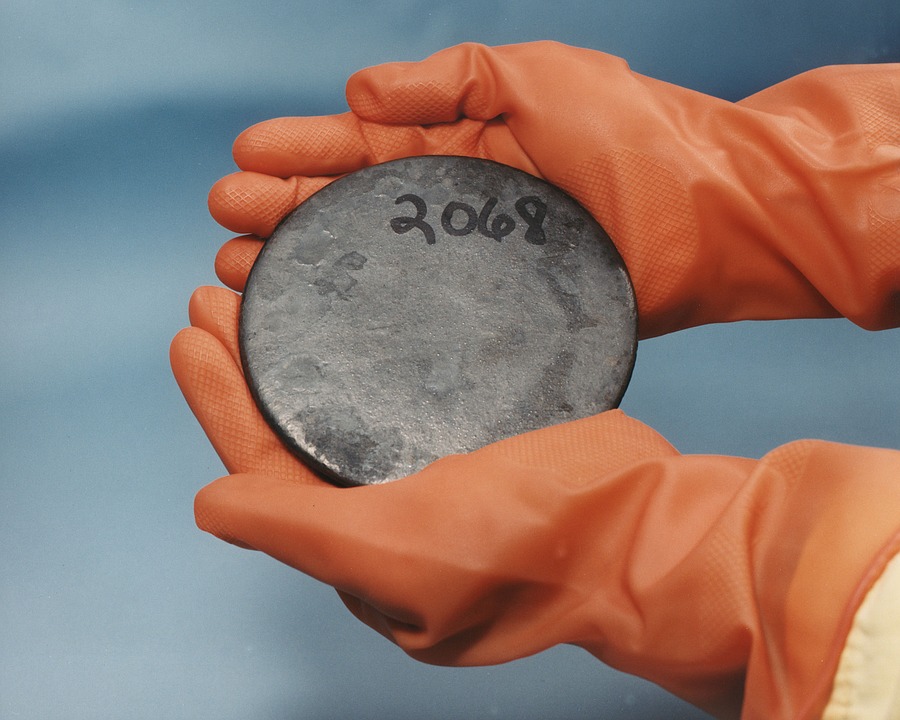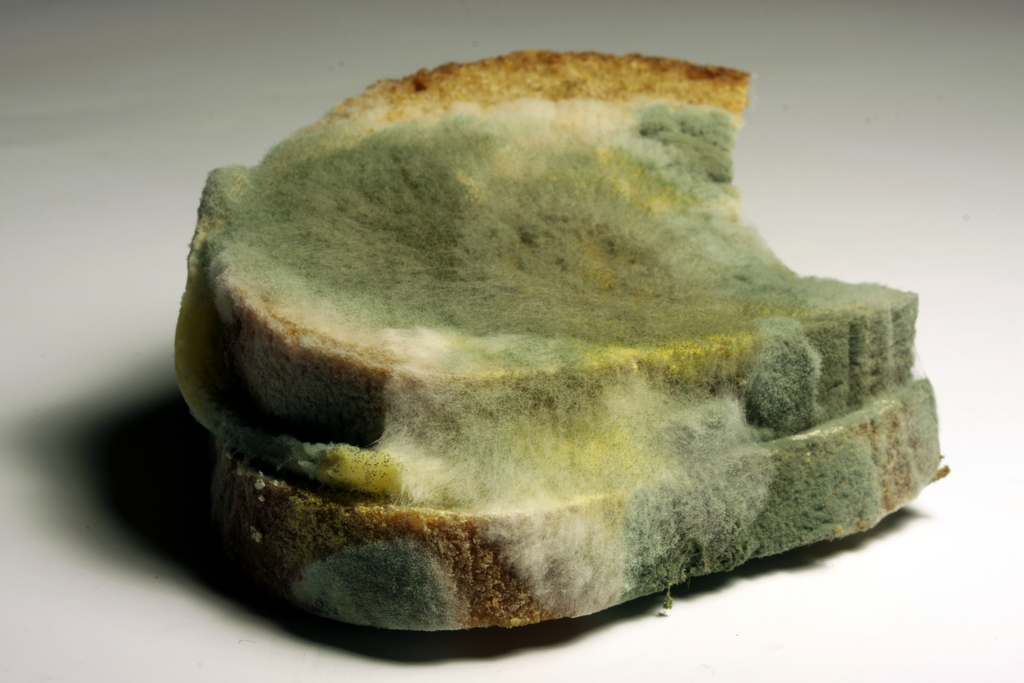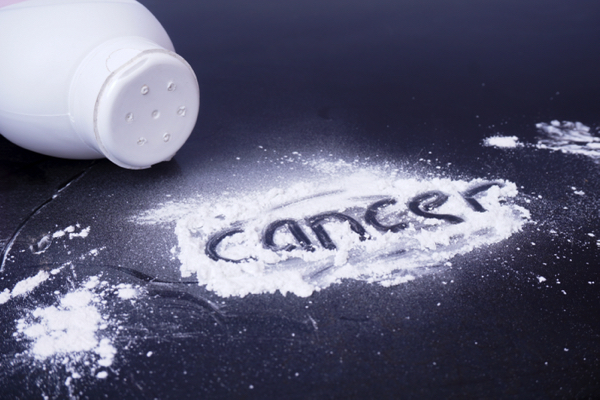The acid reflux paradox: Why suppressing stomach acid actually harms your health
11/10/2025 / By Willow Tohi

- A growing body of evidence suggests that acid reflux is frequently caused by insufficient stomach acid, not an excess, contradicting conventional medical treatment.
- Proton Pump Inhibitors (PPIs), the standard pharmaceutical treatment for reflux, work by drastically suppressing stomach acid, which can create dependency and worsen the underlying condition.
- Long-term PPI use is linked to serious health risks, including nutrient deficiencies, increased infection risk, kidney disease, dementia and bone fractures.
- Stomach acid is vital for digesting protein, absorbing key nutrients and protecting against pathogens; suppressing it can have wide-ranging health consequences.
- Safer, natural approaches to managing reflux focus on dietary changes, repairing the gut lining and restoring healthy digestive function.
For the millions of Americans who experience the burning discomfort of acid reflux, the solution has long seemed straightforward: reduce stomach acid. Fueled by billions in pharmaceutical marketing, drugs known as Proton Pump Inhibitors (PPIs) like Nexium and Prilosec have become a first-line defense, offering relief by shutting down the stomach’s acid production. However, a growing chorus of integrative medical experts and a re-examination of historical data point to a startling paradox: What if the primary cause of reflux is not too much acid, but too little? This counter-narrative challenges a foundational pillar of conventional gastroenterology and suggests that the standard treatment may be exacerbating a public health crisis.
The critical functions of a misunderstood fluid
Conventional medicine often views stomach acid as a troublesome substance that needs controlling. In reality, hydrochloric acid (HCL) is essential for health. It serves as a primary defense against foodborne pathogens, preventing harmful bacteria from colonizing the gut. Crucially, it is required for the absorption of critical minerals like calcium, magnesium and iron, and vitamins like B12. Perhaps most importantly, HCL activates digestive enzymes that break down proteins into absorbable amino acids. Without adequate acid, protein digestion falters, which can lead to nutrient deficiencies and even trigger food sensitivities and autoimmune conditions. As one holistic physician noted, the medical system exhibits a “widespread medical blindness to the critical functions of hydrochloric acid throughout the body.”
How the “cure” creates a vicious cycle
The mechanism of acid reflux itself provides a clue to the problem. The lower esophageal sphincter (LES), the valve that separates the stomach from the esophagus, is pH-sensitive. It is designed to seal shut once a sufficiently acidic environment is detected in the stomach. When acid production is low—a common issue linked to aging, diet and stress—this signal is weak, and the LES may not close properly. This allows the little acid that is present to seep into the esophagus, causing the burning sensation of heartburn. By prescribing PPIs that eliminate acid almost entirely, doctors are removing the very signal the body needs to seal the valve. This creates a dependency; when a patient tries to stop the medication, even a small return of acid causes immediate reflux because the LES remains open, hooking patients on the drugs long-term.
The mounting dangers of long-term acid suppression
The consequences of long-term PPI use extend far beyond creating a dependency. By dismantling the stomach’s primary line of defense, these drugs increase the risk of serious infections, including Clostridium difficile and pneumonia. The impaired nutrient absorption they cause has been linked to a higher incidence of osteoporosis and fractures. Furthermore, large-scale studies have begun to correlate chronic PPI use with a host of other serious conditions.
- A 33 percent increased risk of dementia.
- A 28 percent increased risk of major cardiac events.
- A nearly 75 percent increased risk of severe kidney disease.
- An 80 percent increased risk of stomach cancer.
These risks, largely unforeseen when the drugs were approved only for short-term use, have emerged as millions of patients remain on them for decades.
A path forward: Restoring digestive health
For those seeking an alternative to indefinite medication, a different approach focuses on identifying root causes and restoring natural function. Under a doctor’s guidance, a protocol for healing may involve several steps. It is critical to consult a physician before discontinuing any prescribed medication. The foundational strategy often involves dietary shifts, such as eliminating common irritants like gluten, dairy and processed foods, and moving to an organic, plant-heavy diet to avoid gut-disrupting herbicides. Supplementing with digestive enzymes or betaine HCL can support the breakdown of food, while probiotics help recolonize the gut with beneficial bacteria. Finally, soothing agents like deglycyrrhizinated licorice (DGL), aloe vera and the amino acid glutamine can help repair and strengthen the vulnerable digestive lining.
Reassessing a pill-for-every-problem paradigm
The story of acid reflux treatment is a microcosm of a larger issue in modern healthcare: the tendency to suppress symptoms with profitable pharmaceuticals rather than investigating and addressing their underlying cause. The overprescription of PPIs, despite growing evidence of their long-term dangers, highlights a system slow to integrate scientific discoveries that challenge profitable norms. For the estimated 20% of adults suffering from GERD, the emerging science offers a more hopeful narrative—one where the goal is not to eliminate a vital bodily function, but to understand and restore it, paving the way for genuine and sustainable digestive health.
Sources for this article include:
Submit a correction >>
Tagged Under:
acid reflux, Big Pharma, dementia, gut health, health science, heart disease, heart health, hydrochloric acid, kidney disease, men's health, pharmaceutical fraud, prescription warning, stomach acid, truth, women's health
This article may contain statements that reflect the opinion of the author
RECENT NEWS & ARTICLES
COPYRIGHT © 2017 CANCER CAUSES NEWS




















